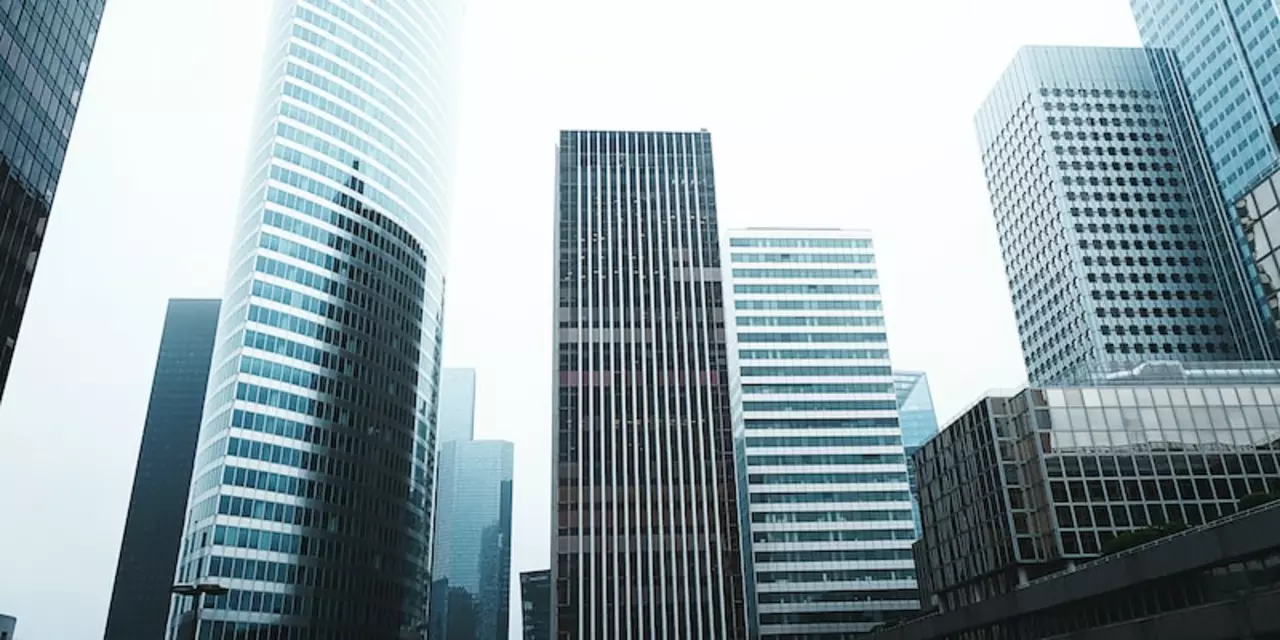Urban: Trends, Culture and the Stories Shaping City Life
When talking about Urban, the word refers to anything related to city environments, street culture and the fast‑moving life that happens in densely populated areas. Also known as city life, it covers everything from graffiti walls to commuter bikes. urban themes are everywhere, but they become especially clear when you look at the ways people push change, share news, play sports and enjoy entertainment in the city.
How Urban Activism Shapes the City
One of the strongest forces driving city change is Activism, organized efforts by citizens to influence public policy, raise awareness or demand social justice. In urban centers, activists often gather on sidewalks, use social media to rally supporters, and stage protests that can shift a city council’s agenda. The recent detention of Greta Thunberg and other activists on a sea route to Gaza shows how urban‑based climate movements can have global reach, pulling city voices into international debates.
Urban activism influences city policies (Urban ↔ Activism), and that influence feeds back into how media reports on city events. When protestors occupy a city square, local news outlets scramble to cover the story, shaping public perception of the issue.
Urban media is the next big piece of the puzzle. Media, the channels and platforms that deliver news, entertainment and advertising to the public thrives on city buzz. A deep‑fake scandal on TikTok, for example, exploited a popular influencer’s look‑alike to sell a fake perfume, showing how quickly urban digital habits can be manipulated. When city dwellers scroll through short videos during a commute, they become the prime audience for both legitimate stories and deceptive content.
Because urban media shapes public opinion (Urban ↔ Media), it also sets the stage for entertainment and sports that define city culture. Think of a nightly TV drama that drops its newest episode at 9 p.m. for office workers winding down, or a local football club that becomes the city’s pride during the weekend.
Speaking of sports, Sports, organized physical activities that often involve competition, teamwork and fan communities are a heartbeat of urban life. Whether it’s the NFL’s massive spectacle that turns a city into a party zone, or the excitement around a local rugby match, sports bring people together in stadiums, pubs and on streaming platforms. The energy of a Friday night game can turn a neighborhood into a buzzing hub, while a championship run can boost city morale for months.
Urban sports creates community ties (Urban ↔ Sports) and provides content that media outlets love to cover. A team’s sudden winning streak or a player’s injury becomes headline news, influencing how residents talk and think about their city’s identity.
Entertainment, from TV dramas like the NBC pilot “Unveiled” starring Liam McIntyre, to viral internet challenges, rounds out the urban experience. City folks look for stories that reflect their fast‑paced lives, and that demand fresh content from creators who understand the urban vibe. When a new series drops a teaser in a city square billboard, it ties together media, entertainment and the shared urban atmosphere.
All these threads—activism, media, sports, entertainment—intersect in the urban environment, forming a web of influence that makes city life uniquely dynamic. Urban culture encompasses street art, public protests, televised sports, and the memes that spread on commuter trains. Understanding these connections helps you see why a single city story can ripple through many aspects of daily life.
Below you’ll find a curated mix of articles that touch on these urban threads. From a deep‑fake scandal that shows the dark side of city‑centered social media, to a look at why the NFL’s spectacle works so well in urban markets, and a glimpse at how activists are reshaping city policies, the collection offers a window into the many ways urban life fuels and reflects the world around us.

What is the largest city without a professional sports team?
The article discusses the largest cities in the world without a professional sports team. It mentions that the largest city without a team is Chongqing in China, with a population of over 30 million people. It goes on to mention that other cities without professional sports teams include Milan, Italy, Liuzhou, China, and Osaka, Japan. It then explains the reasons why these cities have not yet developed a professional sports team, including lack of funding and limited public interest. Finally, it suggests that if these cities are able to secure funding and develop a fan base, they may be able to have a professional sports team in the near future.
Read More